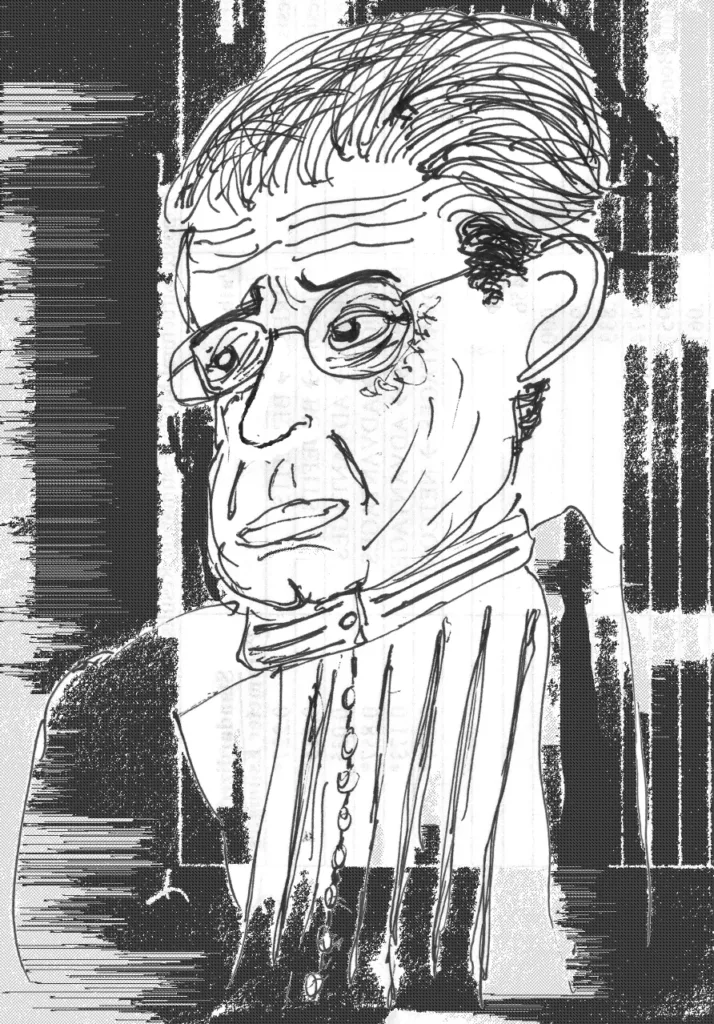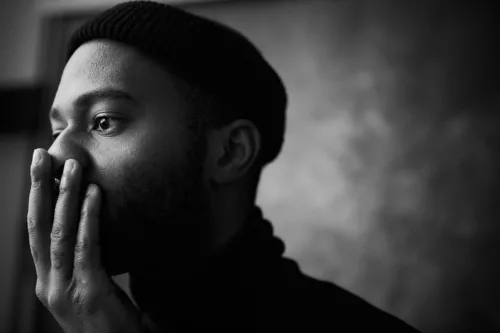I am not a man who thinks too much,
I am not good at acting,
I am not docile to those who hate me,
Nor too courteous to those who love me.
But who loves me, after all?
Scoundrels with shabby coats,
Dwarf minions, swinging like spiders,
Women set on fire by weary passions,
motionless processions of dead statues,
Withered flowers among the crosses,
Tombstones polished by kneeling housewives,
intoxicated,
Truncated with naive hopes,
Like little ones smiling in the sun,
Like the dead, moistened by the moon,
immensely immobile,
In front of the mountain where the priests speak,
And where the dead,
Revolting,
attend the very boring program
Of Heaven.
I don’t sing.
I can hardly speak.
To the dumb, only darkness.
The lights scratch my eyes.
And sometimes,
I cry,
too.
Deposited for legal protection with Patamu: certificate
A brief note on the concept of desire according to Lacan
Desire, according to the psychoanalytic philosophy of Jacques Lacan (1901 – 1981), is a fundamental concept that plays a crucial role in understanding human behavior. Lacan saw desire as an endless quest, always moving and evolving, always out of our reach.
It is characterized by its elusive nature, always searching for something that remains unattainable. Desire, for Lacan, is driven by lack, as individuals constantly seek to fill an emptiness or sense of incompleteness within themselves.

On the other hand, Lacan contrasts desire with jouissance, which he describes as a kind of excessive pleasure or enjoyment that goes beyond what is necessary or satisfying. While desire is characterized by its insatiability and perpetual longing, jouissance involves reckless abandonment of pleasure that can be destructive and overwhelming.
In summary, in Lacanian terms, desire is the constant search for an unattainable object driven by a sense of lack. At the same time, jouissance represents a dangerous and excessive form of pleasure that can lead to negative consequences.
“Lacan” by Edward Drantler is licensed under CC BY-SA 3.0 .
If you like this poem, you can always donate to support my activity! One coffee is enough!


